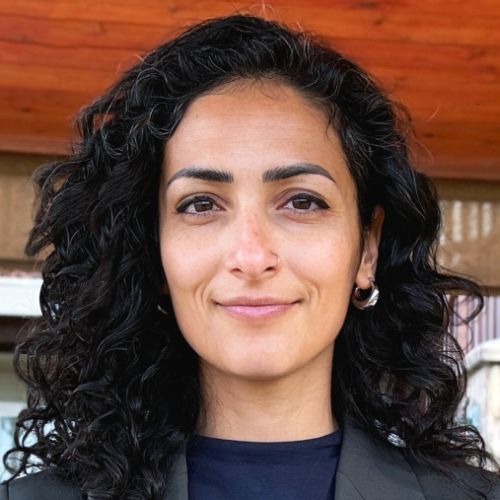Trustworthiness is distinct from generosity in children.
Interpersonal trust is a key component of cooperation, helping support the complex social networks found across societies. Trust typically involves two parties, one who trusts by taking on risk through investment in a second party, who can be trustworthy and produce mutual benefits. To date, the developmental literature has focused primarily on the trustor, meaning we know little about the ontogeny of trustworthiness. Whereas trusting can be motivated by self-interest, one-shot trustworthiness is more squarely situated in the prosocial domain, involving a direct tradeoff between self-interest and others' interests. However, this raises the question of whether trustworthiness is distinct from generosity. In this preregistered study, we examine the origins of trustworthiness using an intuitive version of the Trust Game, in which a first party invests resources in a second party who can split the gains. We recruited N = 118 5-to-8 year-old American children (Mage = 6.94, n = 59 girls, 57% White, 88% of parents with bachelor's degree or higher), split between the Trustworthiness condition, where another party's investment is instrumental for obtaining greater resources, and the Generosity condition, where the other party is a passive recipient. We found that children in the Trustworthiness condition shared significantly more resources than those in the Generosity condition. Further, children in the Trustworthiness condition predicted that the first party expected them to share a greater number of resources. Overall, these results demonstrate that trustworthiness is distinct from generosity in childhood and suggest that children spontaneously grasp and engage in a key aspect of cooperation. (PsycInfo Database Record (c) 2021 APA, all rights reserved).
Duke Scholars
Published In
DOI
EISSN
ISSN
Publication Date
Volume
Issue
Start / End Page
Related Subject Headings
- Parents
- Humans
- Hand Strength
- Female
- Developmental & Child Psychology
- Child
- 5204 Cognitive and computational psychology
- 5201 Applied and developmental psychology
- 3904 Specialist studies in education
- 1702 Cognitive Sciences
Citation
Published In
DOI
EISSN
ISSN
Publication Date
Volume
Issue
Start / End Page
Related Subject Headings
- Parents
- Humans
- Hand Strength
- Female
- Developmental & Child Psychology
- Child
- 5204 Cognitive and computational psychology
- 5201 Applied and developmental psychology
- 3904 Specialist studies in education
- 1702 Cognitive Sciences

